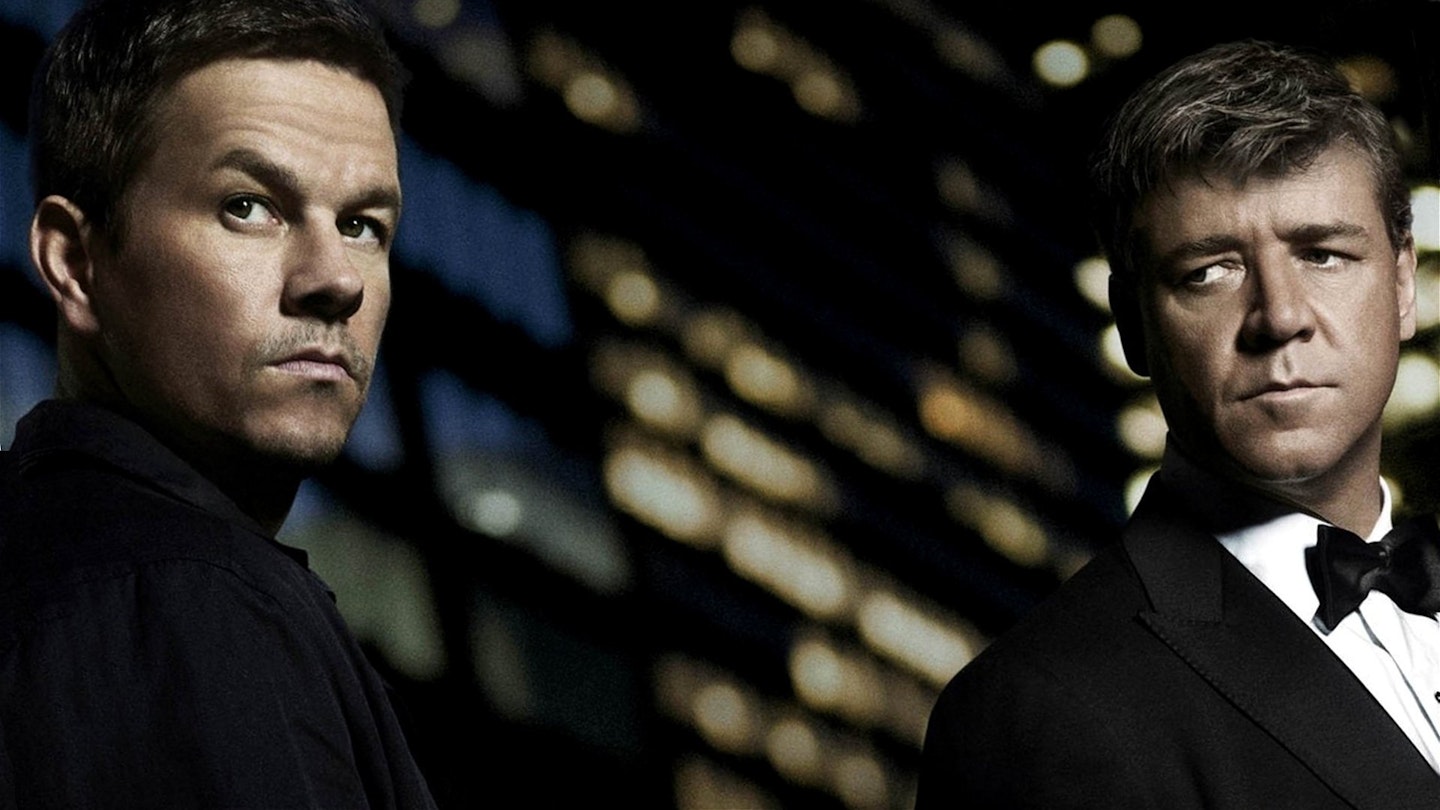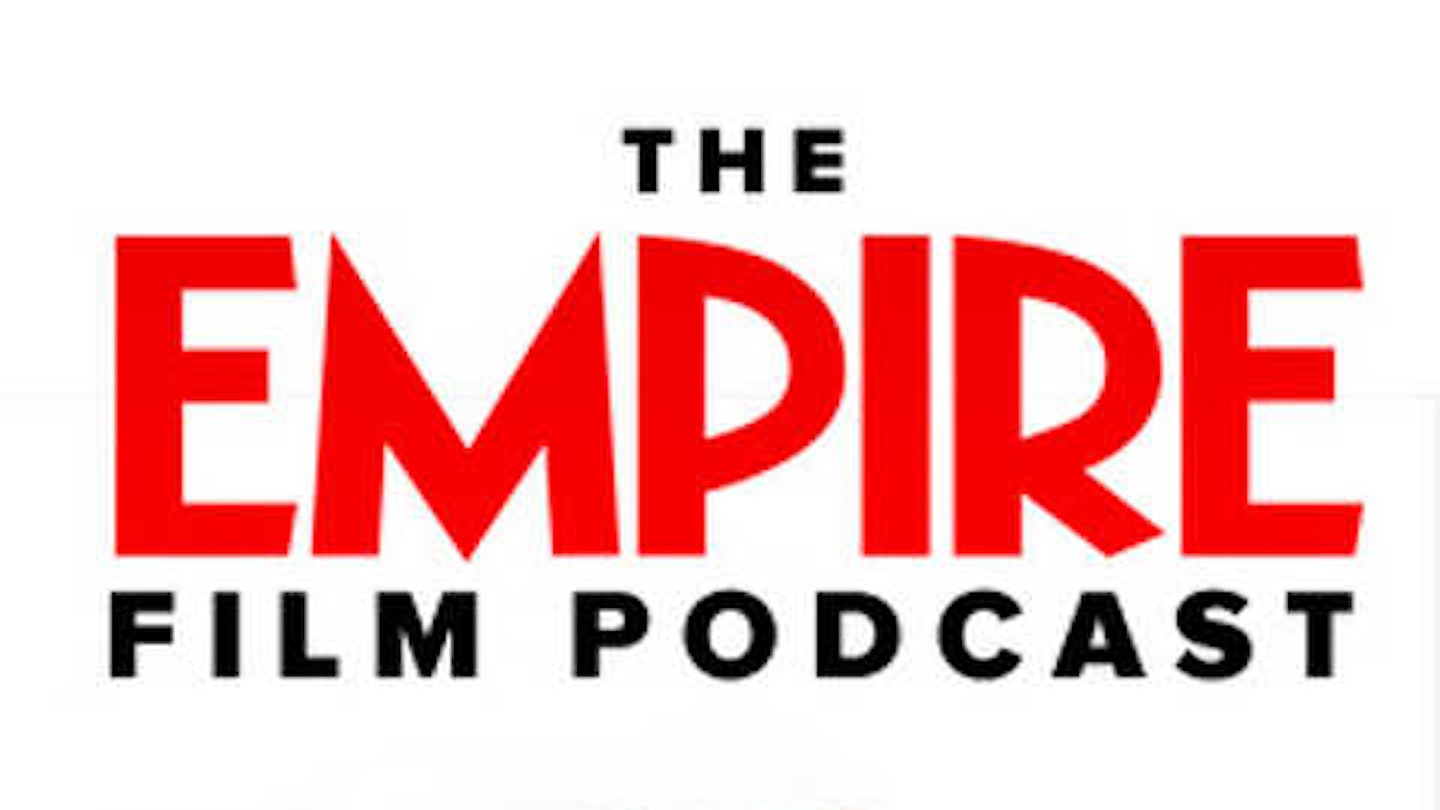Broken City opens with a smoking gun, as a plume of cordite curls from the barrel of New York detective Billy Taggart’s (Mark Wahlberg) sidearm, and a perp lies dead on a Brooklyn sidewalk. Taggart is exonerated of any wrongdoing, but to calm public outcry over the office-involved shooting, Mayor Hostetler (Russell Crowe) asks him to quit for the greater good, promising to repay the favour. Seven years later, and running for re-election, Hostetler hires Taggart, now a down-at-heel private eye, to follow his wife (Catherine Zeta-Jones), whom he suspects of adultery. Instead, Taggart uncovers corruption on a city-wide scale, finding himself tangled in a web of back-room deals, blackmail and murder.
Wahlberg’s unique brand of bland under-acting works best when he’s cast opposite a larger-than-life on-screen presence, whether it’s a talking teddy bear or Christian Bale going for broke. When he’s required to anchor a film, as here, it invariably runs adrift, leaving a vacuum at the centre where a leading man should be. Crowe should be more than capable of holding up his end, but here, fake tanned and with a schoolboy haircut, he makes hard work of a straightforward role, and it is only Zeta-Jones, as the Mayor’s long-suffering, hard-as-French-polished-nails wife, who seems willing to colour outside the lines.
Allen Hughes’ first film away from twin brother Albert wants to be a 21st-century Chinatown, or perhaps a ’70s political thriller, but even if Hughes had the chops of a Lumet or a Polanski — and he doesn’t — he is hobbled from the start by a screenplay which too often mistakes complications for depth, and exposition for revelations. Taggart is supposed to be out of his depth as his investigation takes him into the darkest recesses of political power, but as he peels back the layers of the mystery, it’s Hughes who seems to be in over his head, unable to weave the disparate strands into a coherent, satisfying whole.

